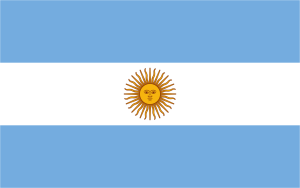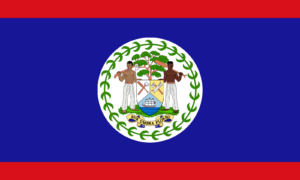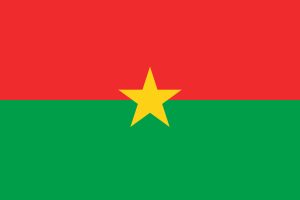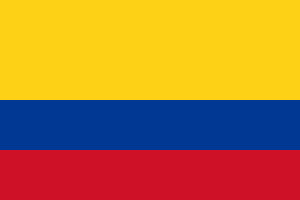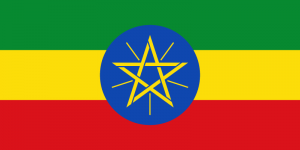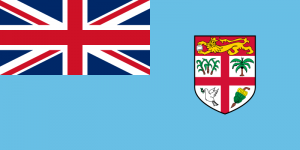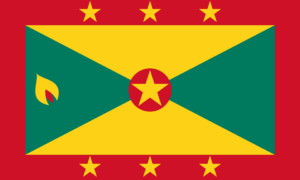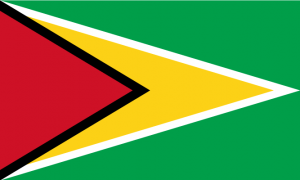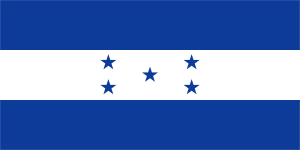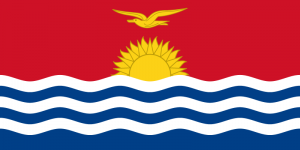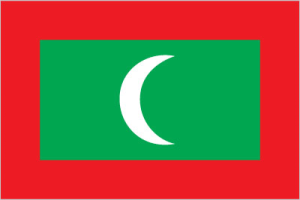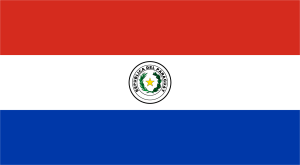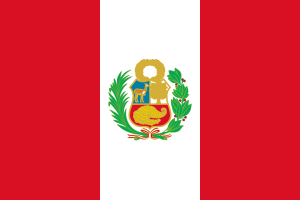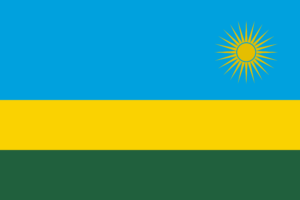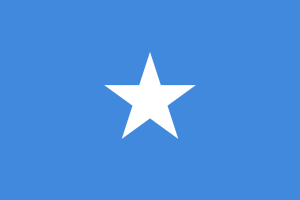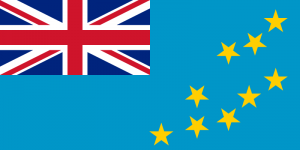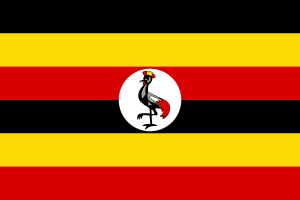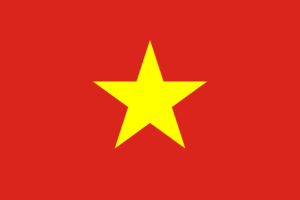OUR PROGRAM
The NAP Global Network has been working with the Environmental Protection Agency and the Ministry of Environment, Science, Technology and Innovation (MESTI) in Ghana since 2018 to support the NAP process.
Highlights from our support programs have included assisting with the development of a NAP Framework, a private sector engagement strategy, an infrastructure sector adaptation plan, a strategy for integrating gender considerations into the NAP process, and an Adaptation Communication to the UNFCCC. In addition, we have supported Ghana’s participation in various peer learning events, including on private sector engagement, gender-responsive NAPs, and vertical integration.
More recently, since 2022, we have supported Ghana in strengthening sub-national adaptation planning and implementation through targeted technical assistance and capacity building. Six districts developed Climate Change Vulnerability Assessments, which were used as the basis for district-level Climate Adaptation Plans. The Bekwai Municipal Assembly is also in the process of developing an adaptation investment plan to source funding to support the implementation of the priorities articulated in its adaptation plan.
2025
- Adaptation Investment Plan for Bekwai Municipal Assembly: The NAP Global Network is supporting the Bekwai Municipal Assembly in developing an investment plan to source funding to support the implementation of its Climate Adaptation Plan.
- Five district-level Climate Adaptation Plans (in press): Following the model of the Bekwai Municipal Assembly, Climate Adaptation Plans are developed for five other districts: Kassena Nankana, New Juaben South, Bibiani-Anhwiaso-Bekwai, Kintampo, and Cape Coast.
- Implementation Status Report for Bekwai Municipal Assembly: This report evaluates the progress of Bekwai’s Climate Adaptation Plan implementation.
- Peer Learning and Capacity Building: Three peer learning events were organized for district-level adaptation decision-makers to share lessons between districts. Additional training workshops, media engagement, and communications work were conducted.
2024
- Six district-level Climate Change Vulnerability Assessments (CCVAs): Six CCVAs were developed, representing Ghana’s six agro-ecological zones. The six districts are: Kassena Nankana, New Juaben South, Bibiani-Anhwiaso-Bekwai, Kintampo, Cape Coast, and Bekwai.
- Climate Adaptation Plan for Bekwai Municipal Assembly: The municipality of Bekwai drafted, validated, and published a district-level adaptation strategy and action plan through a participatory process. The pilot provides a replicable model for peer districts across Ghana’s six agro-ecological zones.
2023
- Peer Learning | Regional Event on Advancing the Use of Risk and Vulnerability Assessments (RVA) in NAP Processes: The NAP Global Network supported representatives from Ghana to meet with six other countries in Africa to learn from each other’s experiences on the development and use of RVAs in NAP processes.
- Peer Learning | Summit on Vertical Integration in the NAP Process: The NAP Global Network supported representatives from Ghana to meet with representatives from nine other countries to share lessons and experiences on multi-level governance and vertical integration in the NAP process.
2022
- District-level vulnerability assessments: The Government of Ghana kicked off a series of district-specific climate change vulnerability assessments across the country to better understand the impacts of the changing climate at the local level.
- Peer Learning | Summit on Gender-responsive NAP Processes:: Representatives from the Ghanaian government took part in this 3-day event in Montego Bay, Jamaica. The goal was to share lessons and experiences on promoting gender equality through climate change adaptation.
2021
- Submission of the Adaptation Communication (AdCom) to the UNFCCC: Presented an overview of the adaptation progress achieved and acknowledged existing gaps and the need to consolidate adaptation gains going forward. The AdCom was developed through short-term assistance from the NAP Global Network's Country Support Hub.
- NAP Communications Strategy: Provided expert review and input for Ghana’s NAP Communications Strategy.
- Envisioning Resilience: Ghana took part in a pilot of the Envisioning Resilience initiative that aims to amplify underrepresented women’s voices in climate change adaptation planning. Ghanaian women were trained in photography and storytelling on adaptation, and the stories they develop are presented at a policy dialogue that brings the trainees together with adaptation decision-makers from government, civil society, development partners, and the private sector.
2020
- Integrating Gender Considerations Into Ghana's National Adaptation Plan Process: Provided a strategy for the effective integration of gender considerations throughout the main activities of Ghana's NAP process. Ghana has committed to developing a fully gender-integrated NAP that clearly describes women’s and men’s different climate vulnerabilities, as well as a roadmap of actions to address them. This strategy was developed through short-term assistance from the NAP Global Network's Country Support Hub.
- Private Sector Engagement Strategy: Provided the government with the knowledge, tools and strategy needed to engage the country's private sector in the NAP process, with a particular focus on agriculture, financial services, construction, mining, and micro, small, and medium-sided enterprises.
- Adaptation Strategy and Action Plan for the Infrastructure Sector: Established key adaptation strategies to strengthen the resilience of Ghana's water, energy, and transportation infrastructures to the impacts of climate change.
2018-2019
- Peer Learning | Forum on Engaging the Private Sector in NAP Processes: Supported the participation of Ghana's NAP team at this event in Rotterdam, the Netherlands, which aimed to discuss how developing country governments can engage businesses and investors in the development and implementation of their NAP processes.
- Peer Learning | First Francophone Forum on the NAP process: Supported Ghana’s participation in this peer exchange that brought together 11 countries in Grand Popo, Benin, focused on budgeting and communications.
- National and sub-national workshops: Introduced the NAP Framework and process to key decision-makers, including parliamentarians and district chiefs, and kicked off the process of building considerable political support and momentum for the NAP.
- Ghana's NAP Framework: Established a vision for Ghana's NAP process, including the guiding principles, approach, and structures that will drive the NAP process forward.

